
New legal corridor for market transparency
According to Mr. Vu Quoc Huy, Director of the National Innovation Center (NIC - Ministry of Finance ), Vietnam currently ranks third in the region with crypto asset capital flow into the market exceeding 220 billion USD, an increase of 55% over the previous year.
However, most activities still take place on international exchanges, causing tax losses and affecting anti-money laundering, anti-terrorism financing, and anti-high-tech crime.

Lieutenant Colonel Nguyen Thanh Chung, Deputy Head of Department 4, Department of Cyber Security and High-Tech Crime Prevention (A05) said that from 2019 to 2024, the Ministry of Public Security discovered nearly 20,000 fraud cases, involving more than 17,000 subjects, causing losses of over VND12,000 billion.
In cases of fraud and property appropriation on the internet, most of the money obtained from crime is converted into crypto assets through peer-to-peer trading and exchanges on international exchanges, such as Binance, HTX, OKX, etc., with daily transaction values reaching thousands of billions of VND.
In addition, there is a risk that unlicensed crypto-asset exchanges will collect and store large amounts of customer information but not comply with the provisions of the Law on Cyber Security, the Law on Personal Data Protection, etc.

Deputy Director of the Anti-Money Laundering Department (State Bank), Nguyen Thi Minh Tho, said that in the national risk assessment report on money laundering, Vietnam selected 4 contents related to virtual assets, including: Wallet service providers, virtual asset management; virtual asset investment funds; stable crypto assets; virtual assets in the form of securities, utility virtual assets, and platform virtual assets. As a result, the risks for these 4 contents were all ranked at medium-high or high levels.
Therefore, this is also the reason why the Law on Digital Technology Industry requires the implementation of regulations on anti-money laundering and counter-terrorism financing (AML/CFT). Resolution 05/2025/NQ-CP on piloting the crypto-asset market has strict regulations on AML/CFT.
On the morning of October 2, within the framework of the National Innovation Day, the forum "Digital Asset Market: From Trend to Breakthrough" was jointly organized by the Ministry of Finance, the Ministry of Science and Technology, the State Securities Commission and the Vietnam Blockchain and Digital Asset Association (VBA).
Creating momentum for digital economic development

In the context of the global digital economy witnessing a strong shift, crypto assets are emerging with unprecedented growth rates.
Data from Chainalysis shows that on-chain transaction value in the Asia-Pacific region has increased from 81 billion USD per month in July 2022 to 244 billion USD by the end of 2024, tripling in just 30 months.
Sharing about the global crypto asset picture, Mr. Phan Duc Trung, Chairman of VBA, said that tokenization of real assets (RWA) is becoming a trend, with a scale of up to 19,000 billion USD by 2033, equivalent to more than 10% of global GDP.
Evidence is a series of projects deployed by the world's leading financial institutions, such as JPMorgan operating the Tokenized Collateral Network with a cumulative transaction volume of more than 1,500 billion USD, an average of 2 billion USD/day in 2025.
Hong Kong (China) issued a multi-currency green bond worth 6 billion HKD that allows T+1 trading in multiple currencies. With the right legal frameworks, the impact of RWAs will be widespread as it allows any type of asset to be digitized and traded on the blockchain.
Sharing the same view, Mr. David Chan, Director of Market Development in Hong Kong (China) of Boston Consulting Group, shared that crypto assets are the beginning of an economic trend that operates and transacts directly on the blockchain.
However, digital assets also pose new risks, so countries need regulations and guidelines for public-private cooperation towards sustainable development.

On the management side, Mr. To Tran Hoa, Deputy Head of the Securities Market Development Department, State Securities Commission, emphasized that Resolution 05/2025/NQ-CP on piloting the crypto asset market issued by the Government on September 9, 2025 is an important foundation for the formation of a domestic crypto asset market.
The Resolution clearly stipulates issuance conditions, requires the issuing enterprise to be a legal entity in Vietnam and based on real assets; at the same time, establishes strict standards for organizations providing crypto asset services (VASP).
Accordingly, VASPs must have a minimum charter capital of VND10,000 billion, foreign investors' ownership ratio must not exceed 49%, and technology infrastructure must meet level 4 safety standards on a 5-level scale. In addition to providing trading and custody services, businesses must disclose transparent information, separate customer assets, and have a dispute resolution and compensation mechanism in case of incidents.
Mr. Hoa believes that this pilot mechanism not only paves the way for innovation, but also acts as a “filter”, eliminating potentially risky models. Thanks to that, the market can operate transparently, creating trust for domestic and foreign investors, and at the same time helping Vietnam integrate with international standards.

Colonel Nguyen Thanh Chung also said that trading crypto assets at licensed domestic exchanges not only contributes to improving the effectiveness of anti-money laundering and anti-terrorism financing, but also directly ensures customer rights when disputes arise.
Source: https://hanoimoi.vn/thi-truong-tai-san-ma-hoa-dong-luc-tang-truong-kinh-te-so-718160.html



![[Photo] Binh Trieu 1 Bridge has been completed, raised by 1.1m, and will open to traffic at the end of November.](https://vphoto.vietnam.vn/thumb/1200x675/vietnam/resource/IMAGE/2025/10/2/a6549e2a3b5848a1ba76a1ded6141fae)




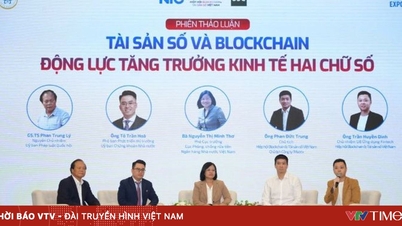



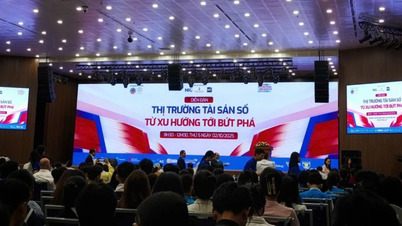






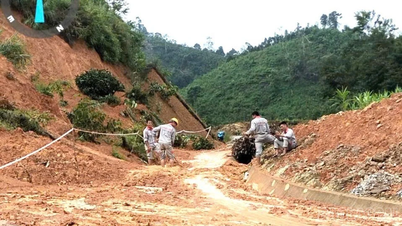

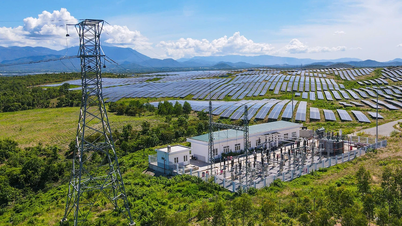









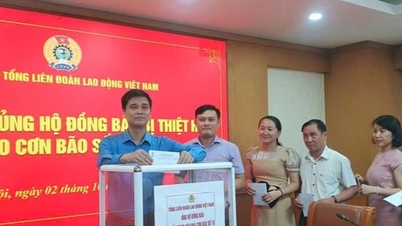
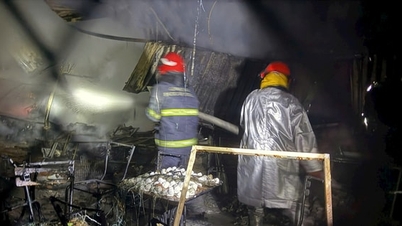



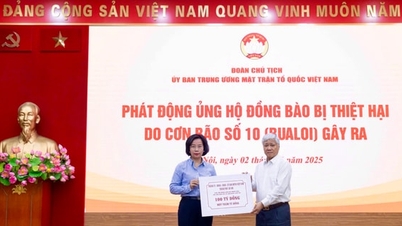















































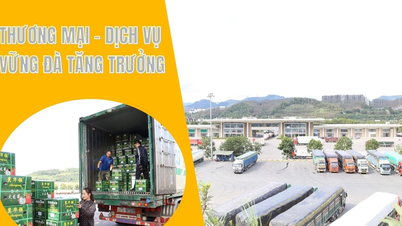
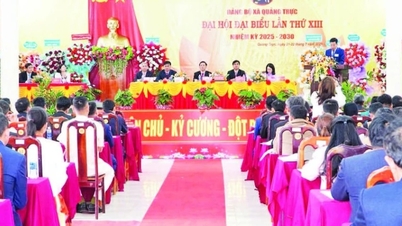















Comment (0)